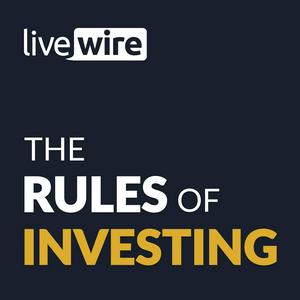More than 70 companies reported this week and while the ASX 200 continues to push record highs, stock reactions remain ruthless.
In this episode, Ben Clark argues it’s been one of the strongest reporting seasons in years, with banks, miners and consumer names broadly beating expectations.
He explains why Woolworths’ resurgence caught the market off guard, why WiseTech’s AI defence matters more than its job cuts, and why Monadelphous and Ramsay may be turning points.
Clark also highlights heavy insider buying across tech, suggesting recent weakness may be overdone. Despite volatility, he sees momentum building into the second half.


